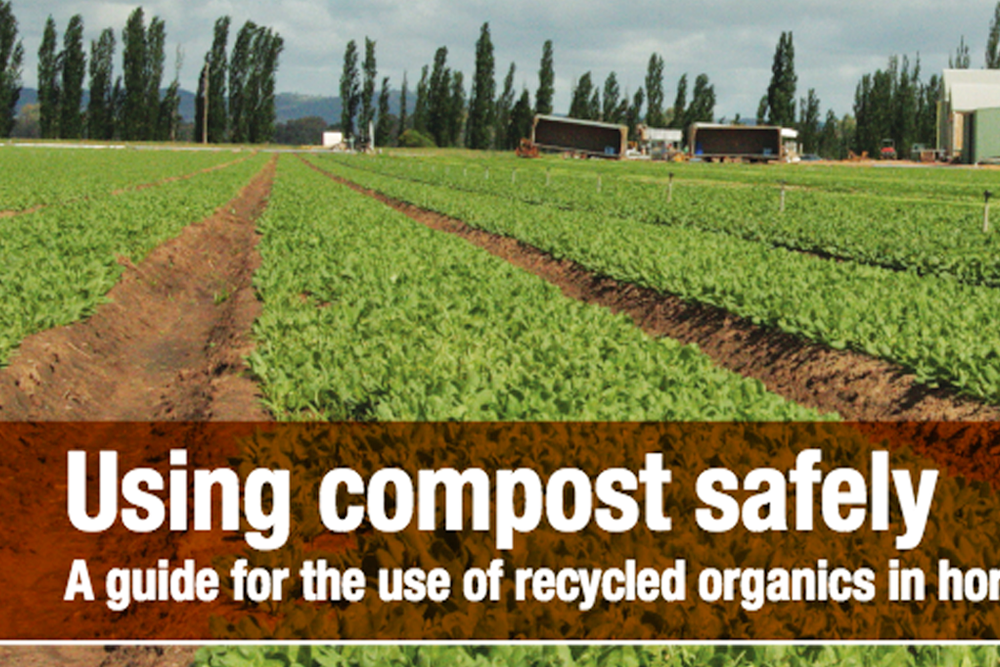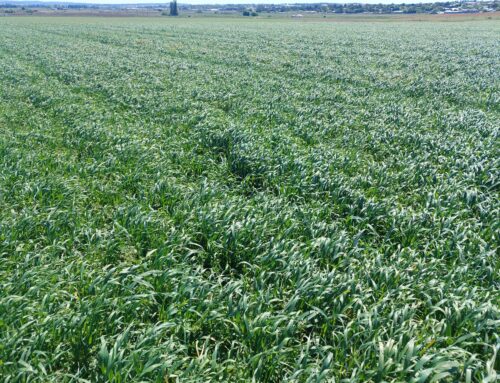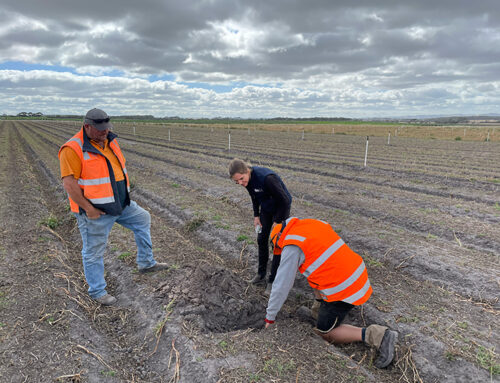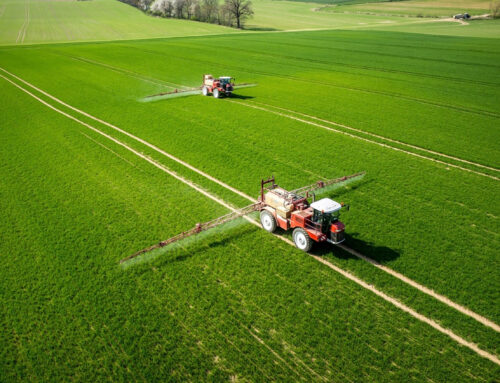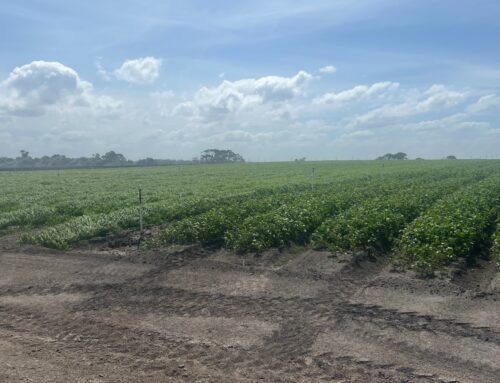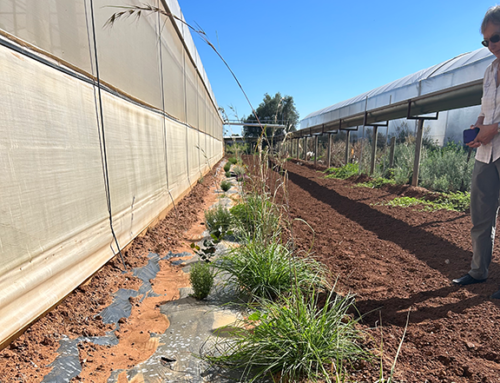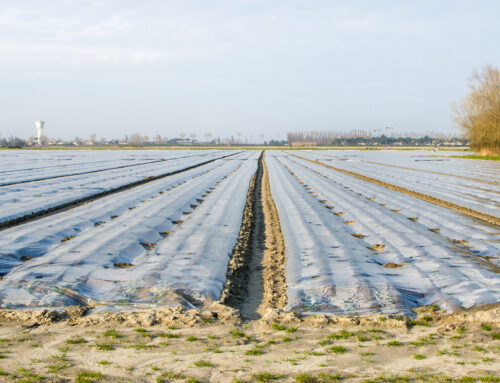Compost is a mixture of recycled organic materials that have been processed by natural organisms, breaking down the original materials into a usable form. Compost has many benefits for soil. It can feed plants, stimulate beneficial microbes, improve soil structure and help the soil retain nutrients, water and warmth.
However, compost is also a potential source of microbial, chemical and physical contamination. Human pathogens in manure, heavy metals in sewage sludge and plastics left in green waste bins all have the potential to contaminate growing sites and fresh produce.
Growers may therefore be reluctant to use compost, in spite of its potential benefits, because of concerns about how it could affect the safety of the food they grow.
This guide describes how fresh produce growers can use compost without affecting their food safety assurance program.

